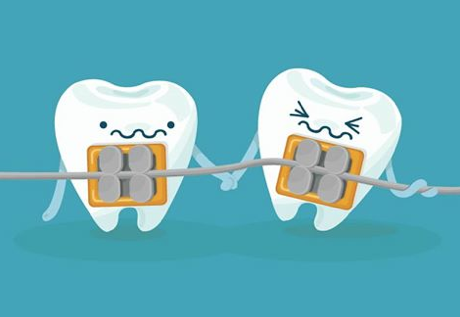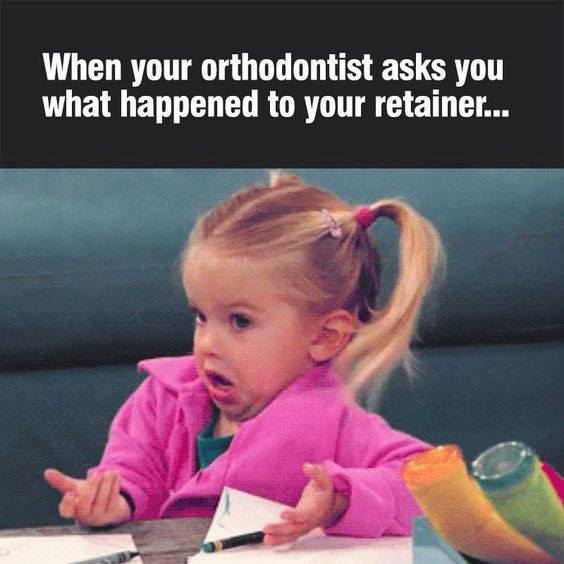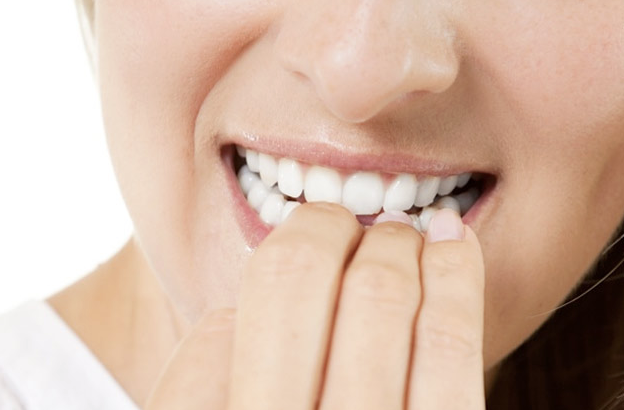Nail biting can be a hard habit to break — but if you don’t, your teeth might suffer much more than your manicure.
According to the American Association of Orthodontics, children or adults who bite their nails could crack, chip or wear down their front teeth from the stress caused by biting. And, those who wear braces put their teeth at even greater risk for root resorption (a shortening of the roots) or tooth loss, since braces already put increased pressure on the teeth.
Also a study in the journal General Dentistry also reported that patients who bite their fingernails, chew on pencils or clench their teeth might be at a greater risk for bruxism — unintentional grinding or clenching that can cause facial pain, headaches, tooth sensitivity, recessed gums and tooth loss.
The signs of bruxism include: flat looking tips of the teeth; tooth enamel that is worn off, causing extreme sensitivity; popping or clicking of the jaw; and indentations of the tongue.
Other dental health risks for nail biters can include sore, torn or damaged gum tissue caused by jagged, sharp fingernail edges and the spread of bacteria from other body parts to the mouth and from the mouth to the nail bed or bloodstream.
Patients might find that wearing a mouth guard can deter nail biting and help prevent further damage to teeth. Some dentists can also help patients use therapy techniques, like learning how to rest the tongue upward with teeth apart and lips shut to avoid tooth damage.

Oh Snap!
If one of your wires or brackets ever breaks, don't panic. Simply cover any sharp edges with wax and contact your orthodontist so that you can get it fixed as soon as possible. Do NOT try to remove the wire or pull the bracket off.

Can Adults Get Braces? …Of course!
Straight Talk About Braces for Adults Does the word braces call to mind a teenager with a mouth full of metal? If so, it's time to rethink that picture. These days, people of all ages want to straighten their teeth. In fact, a huge number of adults are...


